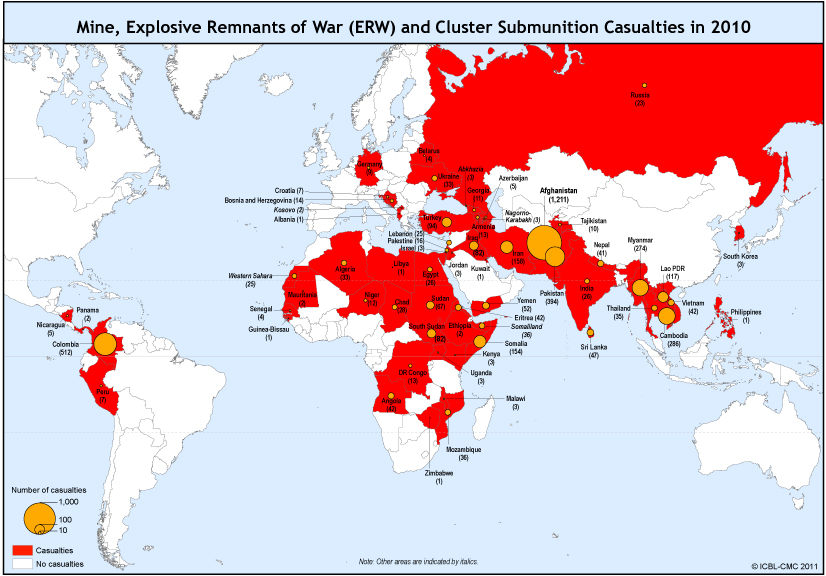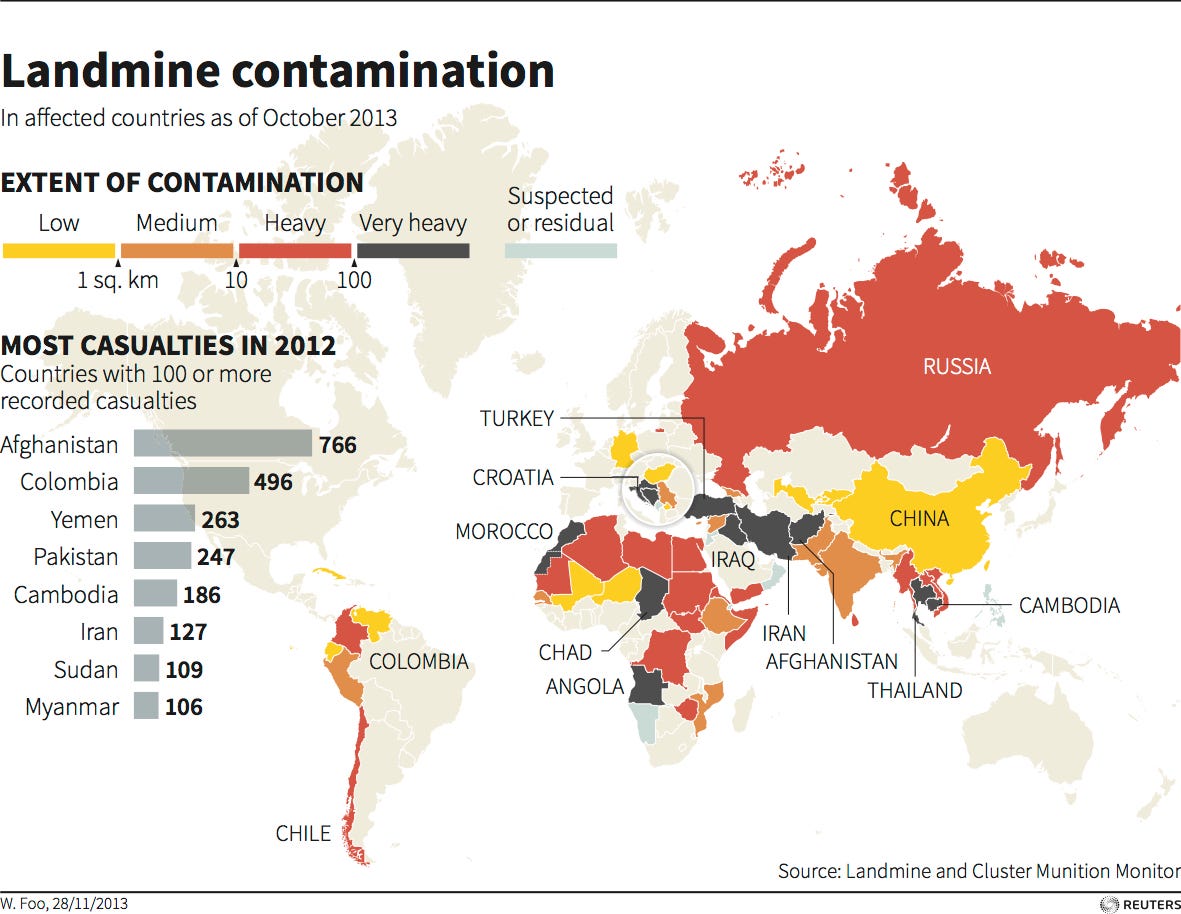Day 9 we still learned about nuclear war stuff, but this time we focused on arms control and disarmament. Before class started he asked us if anything happened politically and someone mentioned the Houthis bombing a ship, first time I’m hearing of this, but other than that comment not much had been said. When the lecture started he defined Arms Control as the process of reducing/minimizing the risks of war. Vertical Proliferation is the building up of arms/nuclear capability in a singular country while Horizontal Proliferation is the spread of capabilities among other countries. When talking about vertical proliferation China was brought up (uh oh) because apparently they haven’t signed the Arms Control agreement and thus the world is more unsafe. Weird conclusion to come to as I highly doubt China would be the country to drop nukes Willy Nilly, but thats just me I guess. When talking about horizontal proliferations my professor talked about how some Pakistani guy (a scientist or similar) spread nuclear knowledge to other countries which included the DPRK. He then asked the class if wee can walk back nuclear arms. Most said it was too late and too far gone, there no going back to before nukes. We have them, we’re stuck with them. Even if we trashed every weapon on the planet we have the knowledge on how to build them so its too late.
Next we went over Arms Control Strategies: categorical disarmament, nuclear free zones, and arms control agreements. Categorical disarmament is a ban on weapons, outlawing the use and production of weapons; some weapons that have been banned are chemical weapons, biological weapons, and land mines. Obviously land mines are still used as they’ve been used in Ukraine, in reference to this my professor said he is very worried about Ukraine as they have been heavily mined and this has been a big problem on the war front but will also be an issue in general. Doesn’t Europe have a problem with land mines still? As in there are still some strewn about and because of that governments make PSAs about them and have signs warning of mines? Anyway, a students asked about nukes in space and how Russia wants to put nuke son the moon. My professor admitted he doesn’t know enough about this situation but apparently nuclear power is not allowed in space, so whatever.
Nuclear free zones are areas where nuclear weapons and power are banned. Africa was a big example of this and he brought. Up Nkrumah and how he wanted an indigenous form of nuclear research/energy. There was a school/institute built but it was either never completed or just never came to fruition because of other issues, nothing specific was mentioned. He then said that when it comes to nuclear weapons the G7 countries are the problem, they are inspiring “smaller” countries to take up nuclear arms which just makes everything worse. He mentioned Ukraine and their nukes again but this time with a bit more context: they were given up for security guarantees and pressure from the United States.
Arms control agreements are just treaties and such like the ones between Russia (USSR) and the US: SALT and START. He again says that he wants China to part of Arms control and that it’s not good that they are not a part of it. He seems kind of attached to China which is strange. Other treaties talked about were NPT (non-proliferation treaty) and CTBT (comprehensive test ban treaty). He says the CTBT is a very good treaty and that the DPRK is not a signatory. With the DPRK being referenced he of course says that the DPRK does not care about sanctions, they’re just the way they are, it’s just how they are. Nothing really deters them. What a strange thing to say…
Arms Control agreements are difficult because: enforcement, verification, and non-state actors. Verification can be done via on site inspections and/or national technical means (like satellites). A Gorbachev and Reagan interactions was reference with the quote “trust but verify” which I guess Reagan said a lot because it was a Russian saying? I don’t fucking know, anyway the lecture ended and the seminars began. This last sections sounds weird but that because I was typing here and there while the seminars were going on, I did not write the summaries of the articles so yeah, but the critiques were interesting to say the least and you might be interested in seeing what was said.
During a seminar on reducing nuclear risks by Alex P. Schmid, the person doing said seminar mentioned in her critique section that apparently Ukraine giving up their weapons for security guarantees was a bad move because Russia ended up violating it anyway, maybe if they dint give up their weapons then the situation over there right now wouldn’t be as bad (because I guess Russia would be shaking in their boots?). But we already know that Ukraine’s weapons weren’t theirs to begin with, they were stationed in the region but no one there had the codes. I know people want me to call this information out but, Jesus Christ, this school is not okay with this kind of stuff. If I have time next week I will talk to my professor during office hours about this. I can’t do more than that right now.
Illusion of geopolitics. American propaganda, very up Americas ass. NATO closing in on Russia, sort of explaining the pushing past Crimea. Student asking questions says that China is following in US footsteps in putting military bases in Africa like how the US has a shit ton of bases globally, Russia is doing so in the Middle East too. It’s America’s game and everyone is just playing it. China’s rise in the global economy will grow more and US domestic polarization. Called China authoritarian and controlling how people think, but west is the same but less institutionalized. These seminars are strange.
That’s the end, I’ll be back next week for another entry. Sorry this one was boring but it is what it is. Better boring than distressing, right?
Doesn’t Europe have a problem with land mines still? As in there are still some strewn about and because of that governments make PSAs about them and have signs warning of mines?
There are some fields in Belgium that periodically stumble on an old mine, but most of the time its not deadly. The most dangerous ones are from more recent conflicts, and in nations that can’t really afford to take on extensive mine clearing operations

another map

It’s one of those things that people forget about after a war is over. Minefields make it impossible to safely farm or to develop any infrastructure for long periods of time.
I had no idea the prevalence of land mines were so massive. Afghanistan has something to do with the US, doesn’t it? This is just really sad…


